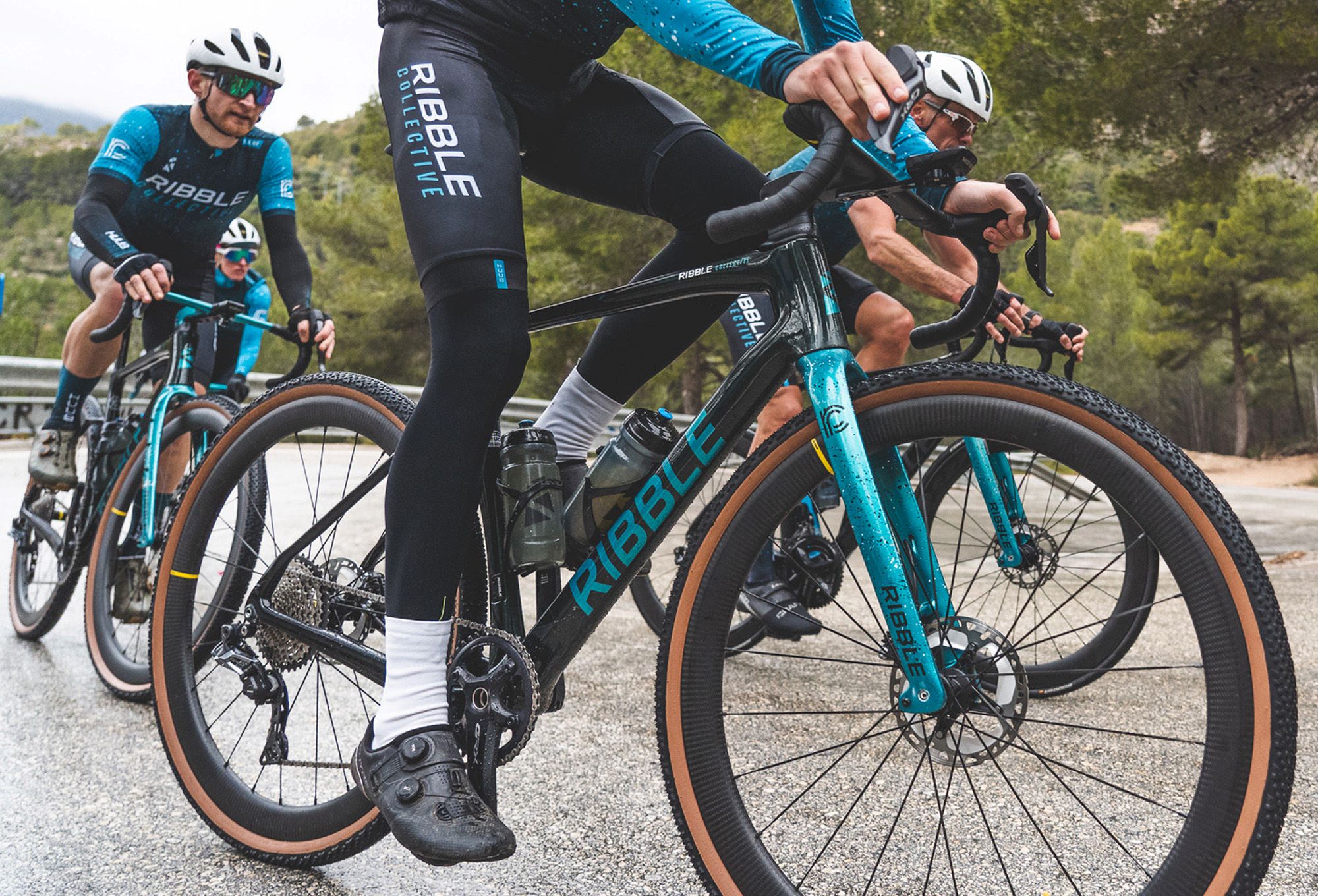
Ribble Cycles has reported a £5m loss for the 2022 financial year, but also noted that 2023 has proved a much more stable and positive trading environment.
In accounts filed at Companies House, the Preston-based company reported a pre-tax loss of £4.9m in the year to 6 November 2022, down from a profit of £91,000 the previous year.
Turnover also fell slightly to £26m, down from £27m the year before.
Company director Andrew Smallwood said 2022 was the “peak” of Covid and Brexit issues that had plagued the industry since 2020.
In recent years the whole cycling industry has suffered with parts becoming incredibly hard to come by due to factory shutdowns in Asia combined with high demand since the start of the pandemic.
Speaking to Cycling Weekly Smallwood said: “Every single bike is hand assembled, to order in a bespoke fashion, one bike to one mechanic in our facility in the northwest of England. Each bike is made up of 40 individual components, give or take, and all it takes is one component to be delayed and you're not able to complete a bike.”
He said that presented challenges to managing efficiency of the company’s workflow and keeping customers informed. Plus, they had to sometimes resort to buying parts from aftermarket sellers rather than wholesalers just to source specific items, which is more costly.
Smallwood also said that red tape since Britain left the European single market had made selling into Europe and buying supplies from Europe more difficult.
“That was another contributing factor to supply chain issues. Europe and the UK kind of got used to what was required but it's definitely not efficient or slick even now,” he said.
There was also “weaker sales performance” due to a lack of customer confidence in the market with rising inflation and other “macroeconomic factors”.
The accounts showed that operating costs increased to manage the supply chain issues and were one of the main reasons the firm fell into the red. The accounts showed administrative expenses increased to £8.7m, up from £5.9m the previous year.
Ribble is the latest in a raft of companies to report difficulties from the boom and bust of the cycle market during the Covid years. A number of companies have gone to the wall as a result.
However, Ribble reported that 2023 trading has proved much more positive and the performance of the company has “significantly improved”.
Smallwood said that supply was now “in a significantly better place” and that was resulting in improved performance. “Right now, on our website, we're looking at around a 14 to 21 day turnaround on average. I'd probably say about 80-90% of our range is available within that time period,” he said.
He added: “We have sold more bikes this year than we did this time last year, and than we did to the prior year as well. So we're seeing good demand.”
But he said bike buyers were making sure they brought the best value they could get and discretionary upgrades were harder to sell to consumers.
He said Ribble had been keen to absorb as much of the increase in costs that the bike industry has experienced in recent years to remain competitive and that the company had continued to invest in research and development which would see new products come to market in the next year.
“It’s very important to us that we give customers the best possible bike that they can get for their money. Now more than ever, I think that's an advantage,” he said.
Ribble also received an injection of cash from shareholders True Capital III in the first half of 2023 and last month £9.8m of loans were converted to share capital.







